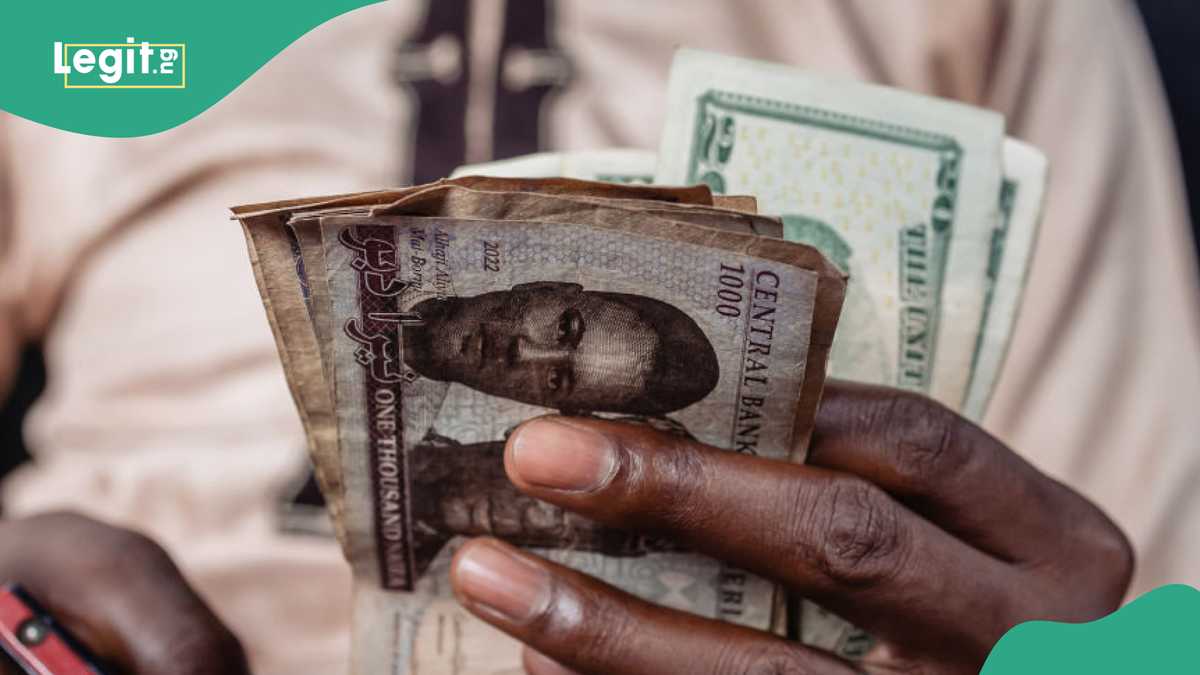Nigerian Naira Experiences Significant Depreciation Against US Dollar

The Nigerian naira has experienced a significant decline against the US dollar in both the official and unofficial foreign exchange markets. This depreciation occurs despite interventions by the Central Bank of Nigeria (CBN) aimed at stabilizing the currency. Recent data indicates a concerning trend, with the naira's value plummeting to new lows.
Official Exchange Rate Plummets
According to data from the Nigerian Foreign Exchange Market (NAFEM), the naira closed at N1,628.89 against the dollar on Monday, April 7. This represents a substantial decrease of N55.66, or 3.5%, compared to the previous day's rate of N1,573.23. The naira also weakened against the British pound sterling and the euro in the official market, closing at N2,056.41/£1 and N1,761.53/€1, respectively.
Parallel Market Woes
The parallel market, also known as the black market, mirrored the official market's decline. Traders reported that the naira fell to N1,620 per dollar, with a buying rate of N1,605. This represents a decrease of N55 compared to the previous Friday when the dollar was sold at N1,565. Similar depreciations were observed against the euro and the British pound sterling.
CBN's Intervention Efforts
In an attempt to bolster the naira, the CBN recently injected $197.71 million into the foreign exchange market. The apex bank stated that this move was part of its commitment to ensuring adequate liquidity and maintaining orderly market functioning. The CBN reiterated its stance on maintaining market integrity and operational transparency, emphasizing that the decision to boost liquidity was made in response to significant shifts in the global macroeconomic landscape.
Analysts' concerns and context
Despite the CBN's efforts, the naira continues to struggle against the US dollar. Moreover, Nigeria’s foreign exchange reserves have recorded a major decline for the second consecutive month, raising concerns among analysts, particularly for an import-dependent country like Nigeria. There are suggestions that the recent CBN attempts to stabilize the naira may be linked to the decline in reserves.
The naira's depreciation is a multifaceted problem influenced by both domestic and global economic factors. The effectiveness of the CBN's interventions remains to be seen, as the naira's struggle persists amidst fluctuating exchange rates and dwindling foreign exchange reserves.










